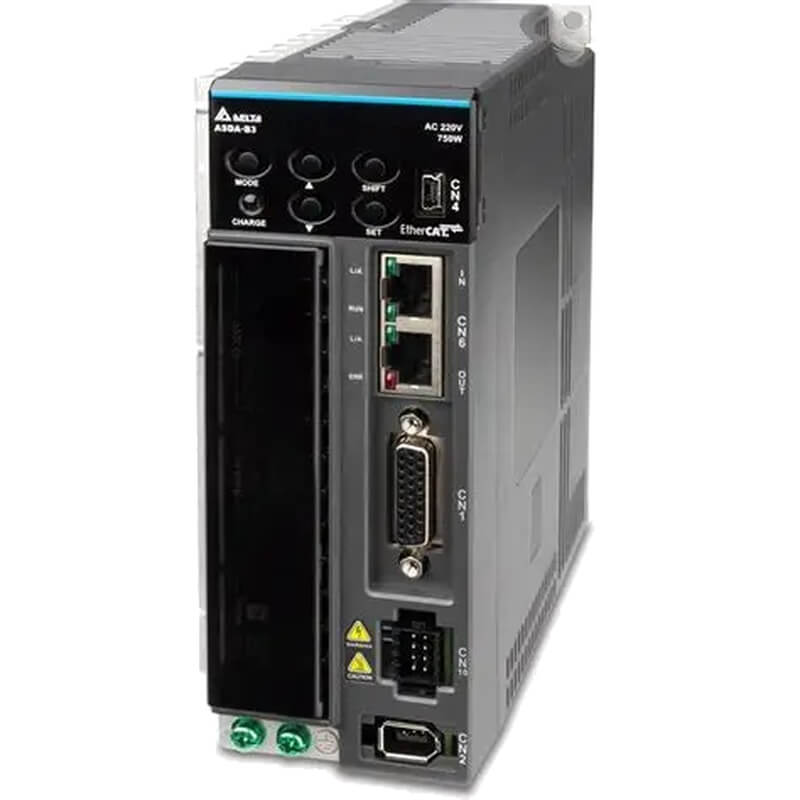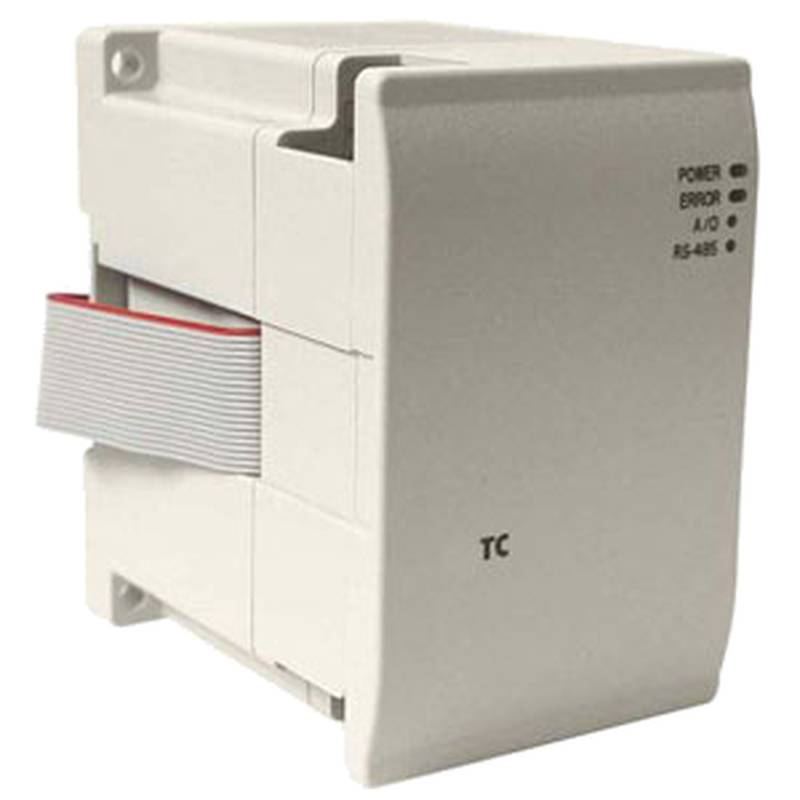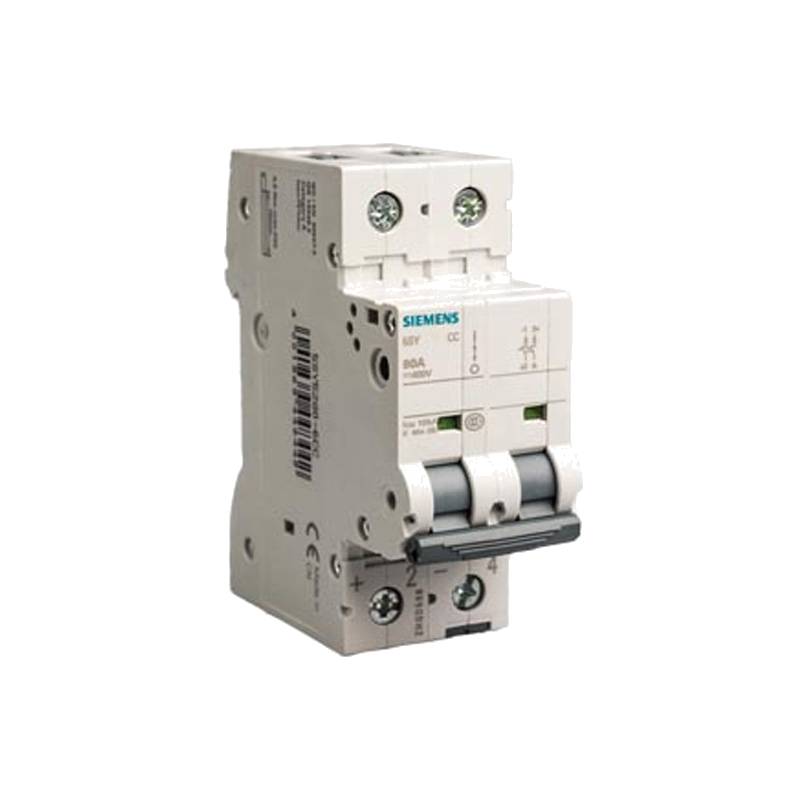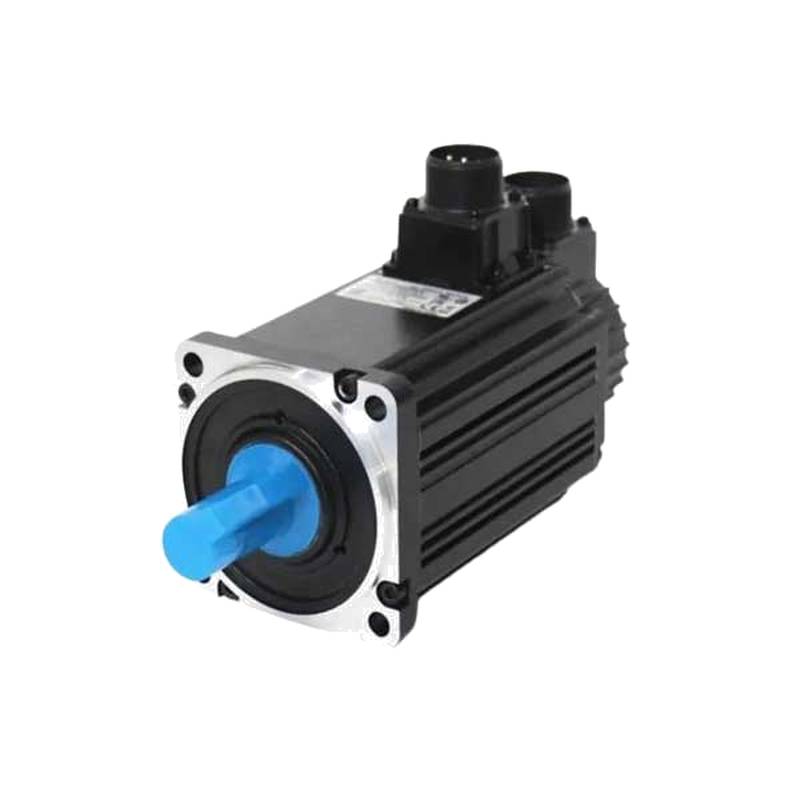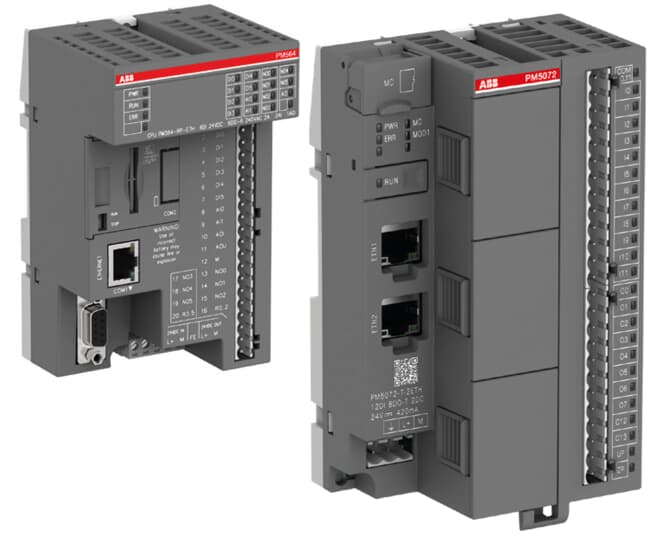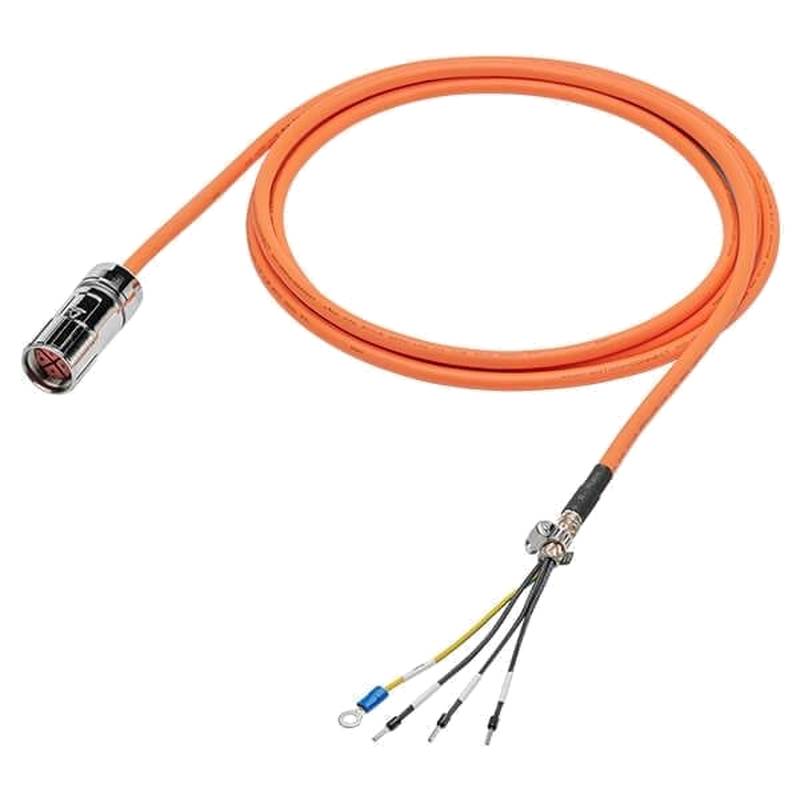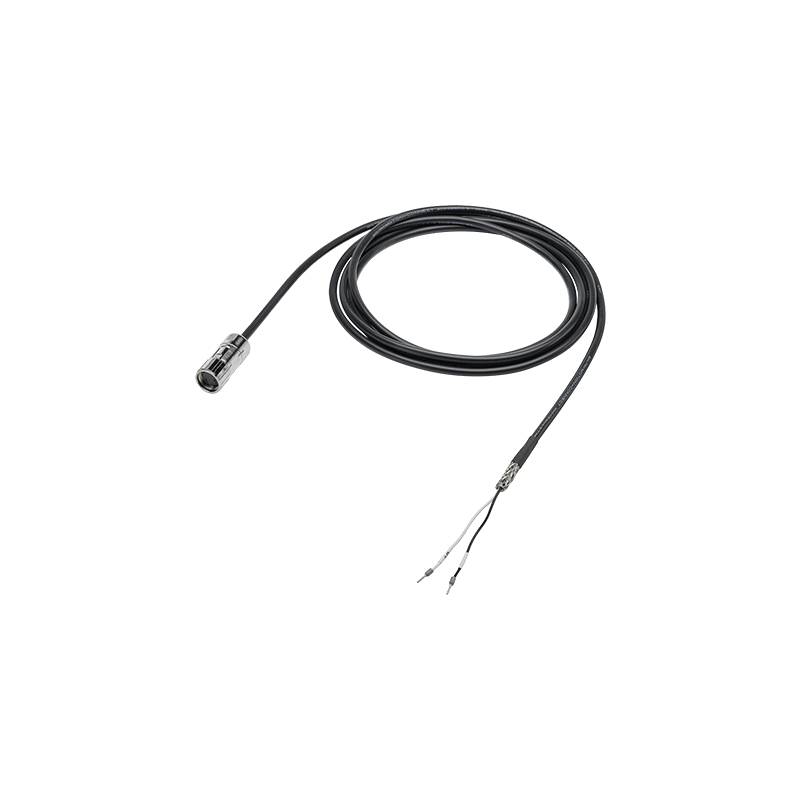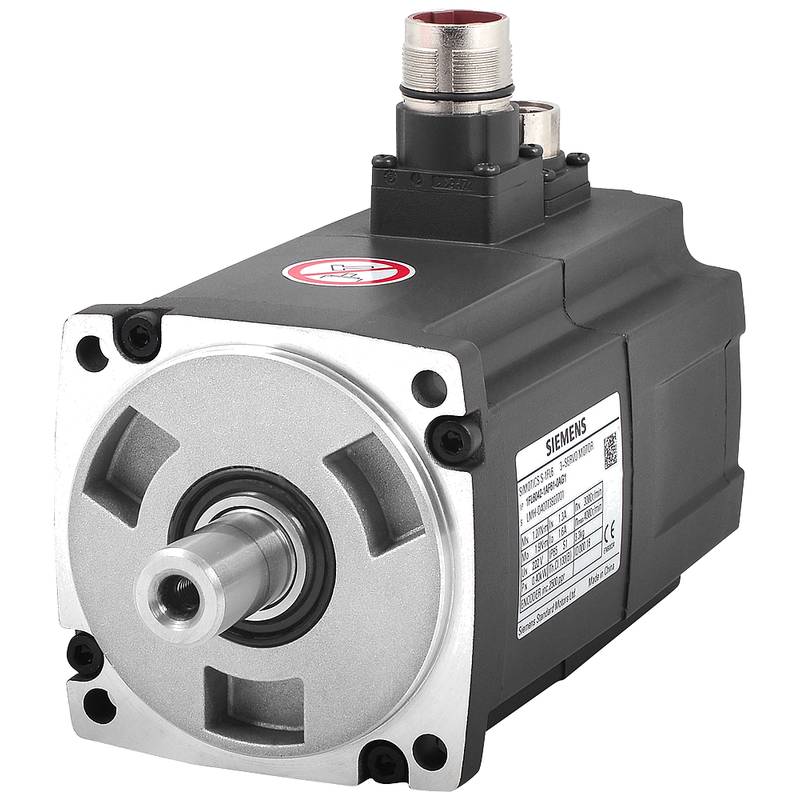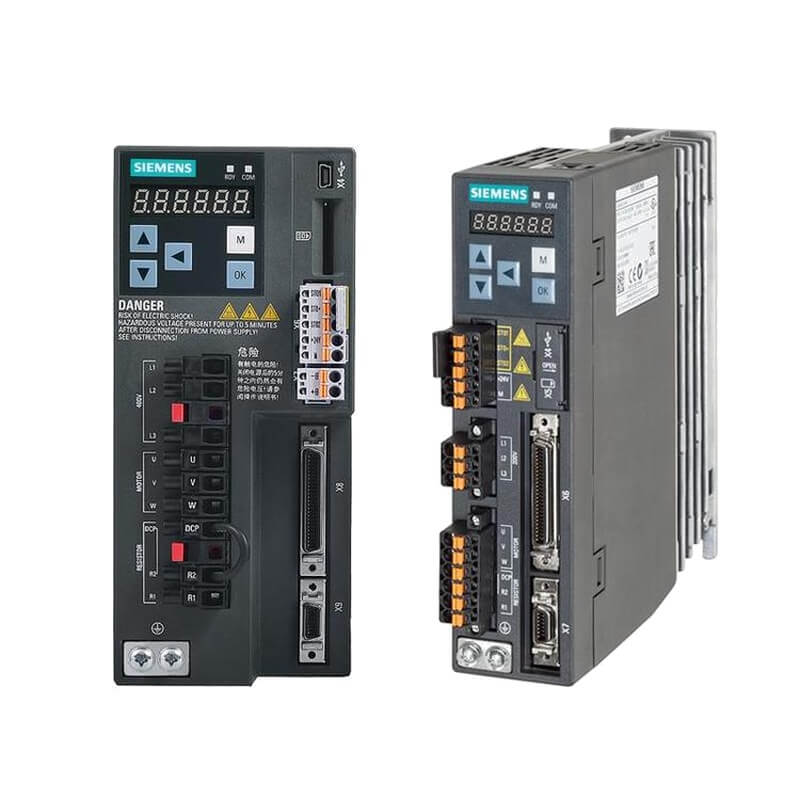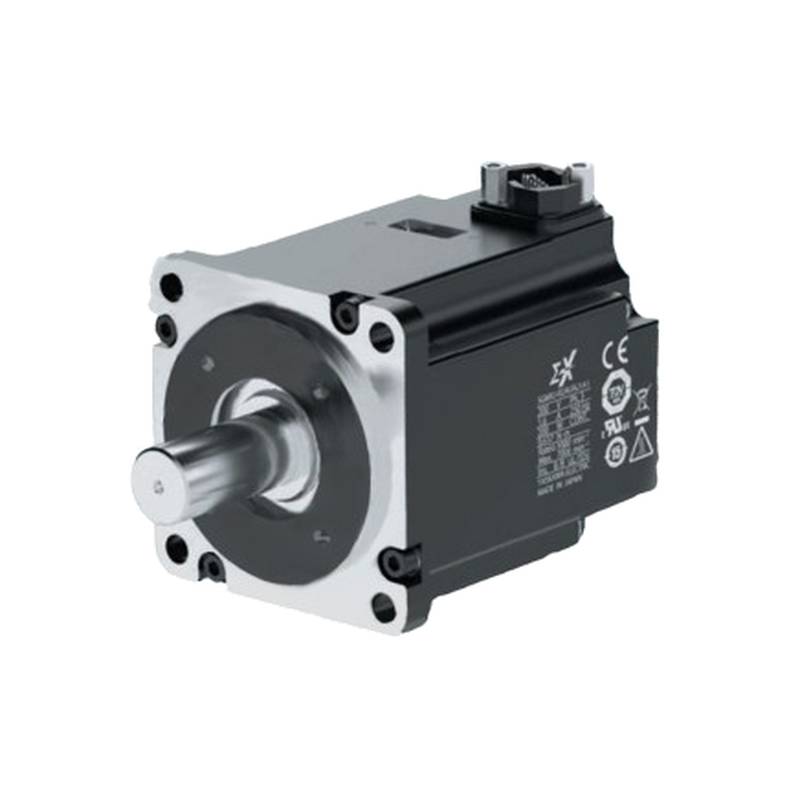
The DELTA ASD-B3-0421-M Precision Positioning Control Servo Drive represents a significant advancement in motion control technology, designed to meet the rigorous demands of modern industrial automation. This servo drive offers a compelling blend of high performance, advanced features, and robust reliability, making it an ideal choice for applications requiring precise positioning and dynamic control. With a 3.1 kHz bandwidth, 24-bit encoder resolution, and support for up to 6000 RPM motor speeds, the ASD-B3-0421-M delivers exceptional accuracy and responsiveness. Its compact design, improved load tolerance, and user-friendly software further enhance its appeal for a wide array of applications.
Product Specifications
| Specification | Value |
| :------------------------- | :------------------------------------------ |
| Model | ASD-B3-0421-M |
| Series | ASDA-B3 |
| Rated Output Power | 400 Watts |
| Input Voltage | 220 VAC (1/3 Phase) |
| Continuous Output Current | 2.65 Arms |
| Instant Max Output Current | 10.6 Arms |
| Bandwidth | 3.1 kHz |
| Encoder Resolution | 24-bit |
| Max Motor Speed | 6000 RPM |
| Communication Options | PR Mode, Analog Voltage Control, CANopen |
| Features | STO (Safe Torque Off), DC Bus Sharing |
| Dimensions | Compact (compared to B2 series) |
Core Features & Market Positioning
The DELTA ASD-B3-0421-M distinguishes itself through a suite of advanced features that position it as a high-value solution in the competitive servo drive market. Its enhanced responsiveness, a key improvement over previous Delta series like the ASDA-B2, is achieved through a 3.1 kHz bandwidth and refined control algorithms, leading to significantly reduced settling times—up to 40% shorter than older models. The integration of 24-bit absolute encoders ensures superior positioning accuracy, crucial for high-precision tasks. Furthermore, the inclusion of STO (Safe Torque Off) functionality enhances operational safety, meeting stringent industrial safety standards like SIL2. Delta's market positioning emphasizes not just performance but also user-friendliness, with features like auto-tuning and intuitive configuration software that simplify setup and optimization, making advanced servo technology more accessible. The drive's compatibility with a range of Delta servo motors (B3, B2, A3, and A2 series) provides flexibility for system designers and facilitates upgrades from older Delta systems.
Key Application Scenarios
The DELTA ASD-B3-0421-M servo drive is engineered for a broad spectrum of industrial automation tasks where precision, speed, and reliability are paramount. Its high positioning accuracy makes it ideal for applications such as:
Machine Tools: Enabling high-precision cutting, milling, and grinding operations with minimal error. Electronics Manufacturing: Facilitating delicate assembly, pick-and-place operations, and automated testing on production lines. Industrial Robots: Providing the precise motion control required for robotic arms in assembly, welding, and material handling. Packaging Machinery: Ensuring accurate and consistent movements for filling, sealing, labeling, and palletizing processes. Semiconductor Equipment: Meeting the stringent accuracy and cleanliness requirements of semiconductor fabrication and testing. Printing and Textile Machinery: Delivering controlled speed and position for high-speed, continuous operations.
The drive's versatility is further enhanced by its support for various communication protocols, including CANopen, enabling seamless integration into diverse control architectures.
Practical System Integration Guidance
Integrating the DELTA ASD-B3-0421-M into an existing or new system involves careful consideration of wiring, power, and control signal connections. Users can leverage Delta's comprehensive documentation, including user manuals, for detailed guidance.
Wiring: The drive supports standard power and encoder cabling. It's crucial to use appropriate gauge wires and ensure secure connections to prevent signal degradation or power loss. For instance, encoder cables for the ASD-B3-0421-M model typically range from 3 to 20 meters, with specific wire diameters recommended. The drive also features digital inputs and outputs for integrating with PLCs and other control devices.
Control Modes: The ASD-B3-0421-M offers multiple control modes, including PR (Preset Position) mode for pre-programmed movements, Analog Voltage Control for speed or torque commands, and CANopen for networked communication. Selecting the appropriate mode depends on the application's requirements and the master controller's capabilities. For example, PR mode is suitable for applications with defined paths and homing sequences managed by a simple PLC, while CANopen is ideal for more complex networked automation systems.
Power Supply: The drive operates on a 220 VAC, 1/3 phase input. It is designed to deliver full power directly from mains voltage without requiring an external power supply unit, simplifying power infrastructure. The DC bus sharing feature allows multiple drives to be interconnected, eliminating the need for a separate braking resistor in many applications, thus reducing system complexity and cost.
Configuration Software: Delta provides specialized software, such as ASDA-Soft, for configuring parameters, performing auto-tuning, and troubleshooting. This software offers graphical interfaces and wizards to assist users in setting up the drive for optimal performance.
Operation and Risk Mitigation
Safe and efficient operation of the DELTA ASD-B3-0421-M requires adherence to safety protocols and an understanding of potential operational issues.
Safety: The drive incorporates the Safe Torque Off (STO) function, a critical safety feature that prevents unexpected machine movement by disabling motor torque. This function is typically SIL2 compliant, providing a high level of safety for personnel. Proper grounding of the drive and motor is essential to prevent electrical hazards and ensure reliable operation. Users must ensure that the operating environment (temperature, humidity, vibration) is within the specified limits to prevent damage or malfunction.
Troubleshooting: Common issues can arise from incorrect wiring, parameter misconfigurations, or mechanical problems. The drive features a diagnostic display that shows alarm codes to help identify problems. For instance, "AL006 Overload" indicates an excessive load on the motor or drive, which could stem from mechanical binding, incorrect acceleration/deceleration settings, or an undersized motor. "AL007 Excessive deviation of Speed command" suggests a mismatch between the commanded speed and the actual motor speed, potentially due to encoder issues or tuning problems. Clearing alarms often involves addressing the root cause and then performing a manual reset (DI.ARST or P0.001). If an alarm persists or is not detailed in the manual, contacting the local distributor or a qualified technician is recommended.
Scalability & Long-Term Value
The DELTA ASD-B3-0421-M offers significant long-term value through its compatibility, scalability, and integration capabilities, supporting evolving industrial automation strategies.
Compatibility: The ASDA-B3 series is designed to be compatible with previous generations of Delta servo motors, including the B2, A3, and A2 series, as well as the new ECM-B3 motors. This backward compatibility simplifies upgrades and allows for phased modernization of existing machinery without requiring a complete overhaul of motor components.
Scalability: The modular design and range of communication options (CANopen, EtherCAT, DMCNET, RS-485) allow systems to scale from single-axis applications to complex multi-axis networked architectures. The DC bus sharing feature further contributes to scalability by enabling multiple drives to share power, reducing the overall system footprint and complexity.
IIoT and Digital Solutions: While specific details on IIoT integration for this model are not extensively detailed in the search results, Delta's broader strategy in industrial automation includes developing solutions that align with Industry 4.0 principles. The availability of advanced communication protocols and diagnostic capabilities within the ASD-B3 series provides a foundation for data acquisition and integration into smart manufacturing environments. The drive's performance metrics (accuracy, speed, responsiveness) are critical for optimizing processes that can be monitored and controlled remotely or as part of a larger digital ecosystem.
---
Frequently Asked Questions (FAQs)
1. What are the primary advantages of the DELTA ASD-B3-0421-M over previous Delta servo drive models?
The DELTA ASD-B3-0421-M offers a significantly higher bandwidth of 3.1 kHz, improving response times. It also features 24-bit encoder resolution for enhanced precision.
This model includes the Safe Torque Off (STO) safety function for increased operational safety. Its design is more compact than the B2 series, saving panel space.
The B3 series boasts a 40% reduction in settling time and improved load tolerance compared to older models.
2. What types of motors are compatible with the DELTA ASD-B3-0421-M servo drive?
The ASD-B3-0421-M is compatible with Delta's latest ECM-B3 series servo motors. It also supports older Delta motor series, including B2, A3, and A2 motors.
This broad compatibility allows for easier upgrades from existing Delta servo systems. Users should consult Delta's documentation for specific motor model compatibility.
3. What are the key communication protocols supported by the DELTA ASD-B3-0421-M?
The drive supports PR Mode for preset position control and Analog Voltage Control for speed or torque. It is also equipped with CANopen communication capabilities.
Other variants in the B3 series offer DMCNET and EtherCAT communication, providing flexibility for network integration. This allows for diverse system architectures.
4. How does the 24-bit encoder resolution benefit an application using the DELTA ASD-B3-0421-M?
A 24-bit encoder provides an extremely high resolution of over 16.7 million pulses per revolution. This level of detail translates to superior positioning accuracy and smoother motion control.
Applications requiring micro-meter precision, such as semiconductor manufacturing or advanced machine tools, benefit significantly. It enables finer control over velocity and acceleration profiles.
5. What is the significance of the Safe Torque Off (STO) function in the DELTA ASD-B3-0421-M?
The STO function is a crucial safety feature that immediately removes power from the motor when activated. This prevents the motor from generating torque, thereby stopping motion safely.
It is typically integrated into safety circuits and can achieve safety integrity levels like SIL2, crucial for compliance with machine safety standards. STO is essential for applications where emergency stops or guarding are required.
6. Can the DELTA ASD-B3-0421-M be used for simple positioning tasks without a complex PLC?
Yes, the drive features a PR (Preset Position) Mode, designed for running predefined paths and homing sequences. This allows for automated movements based on internal programming, reducing reliance on external controllers for basic tasks.
Users can configure up to 99 driving profiles within the drive for sequential operations. This makes it suitable for simpler automation where a dedicated high-end PLC might be overkill.
7. What are common alarm codes for the DELTA ASD-B3-0421-M and how are they resolved?
Common alarms include AL006 (Overload) and AL007 (Excessive deviation of speed command). Overload alarms typically indicate a mechanical issue or an undersized motor.
Excessive speed deviation might point to tuning problems, encoder faults, or incorrect parameter settings. Resolution often involves diagnosing the root cause and performing a manual reset via DI.ARST or parameter P0.001.
The drive categorizes alarms into General, Motion Control, STO, and Communication types. If an alarm is not listed or cannot be resolved, contacting support is advised.
8. How does DC Bus Sharing contribute to system integration and value?
DC Bus Sharing allows multiple ASD-B3 drives to interconnect their DC bus lines. This enables the regenerative energy from one drive decelerating to be used by another drive accelerating, reducing overall energy consumption.
It also eliminates the need for external braking resistors in many applications, saving space, cost, and wiring complexity. This feature enhances system scalability and efficiency.
9. Is manual tuning required for the DELTA ASD-B3-0421-M servo drive?
No, the DELTA ASD-B3-0421-M features an auto-tuning function. This simplifies setup by automatically optimizing control parameters for the connected motor and load.
This "1-step tuning" process saves considerable time and effort compared to manual trial-and-error tuning methods. It ensures optimal performance even for users less experienced with servo tuning.
10. What is the typical power output and input voltage for the DELTA ASD-B3-0421-M?
The DELTA ASD-B3-0421-M has a rated output power of 400 Watts. It operates on a 220 VAC input voltage, which can be single-phase or three-phase.
This power rating makes it suitable for a wide range of medium-duty automation tasks. The ability to accept both single-phase and three-phase input provides flexibility in power source selection.














